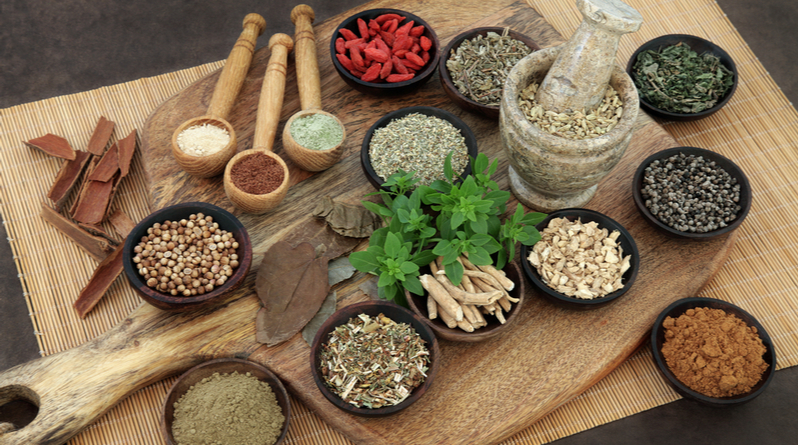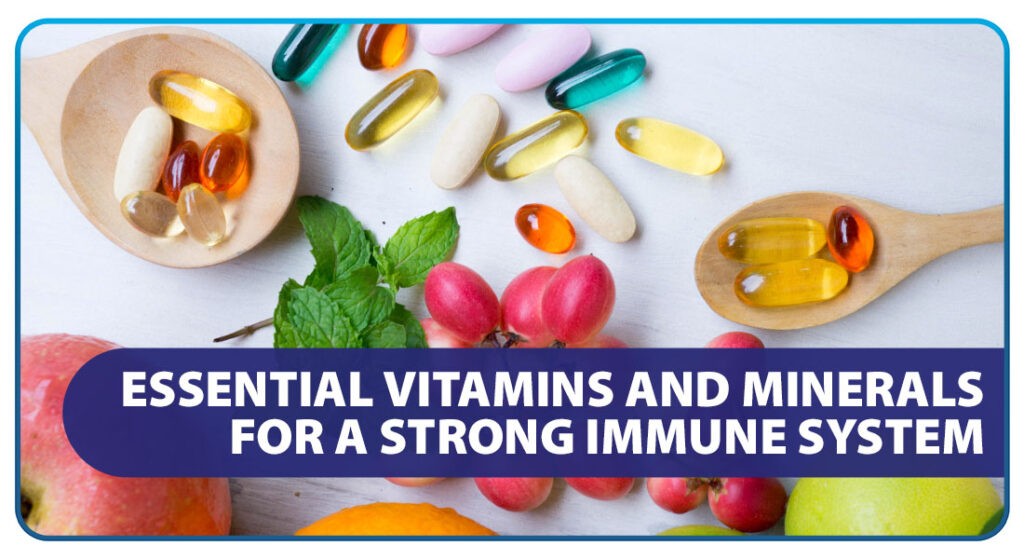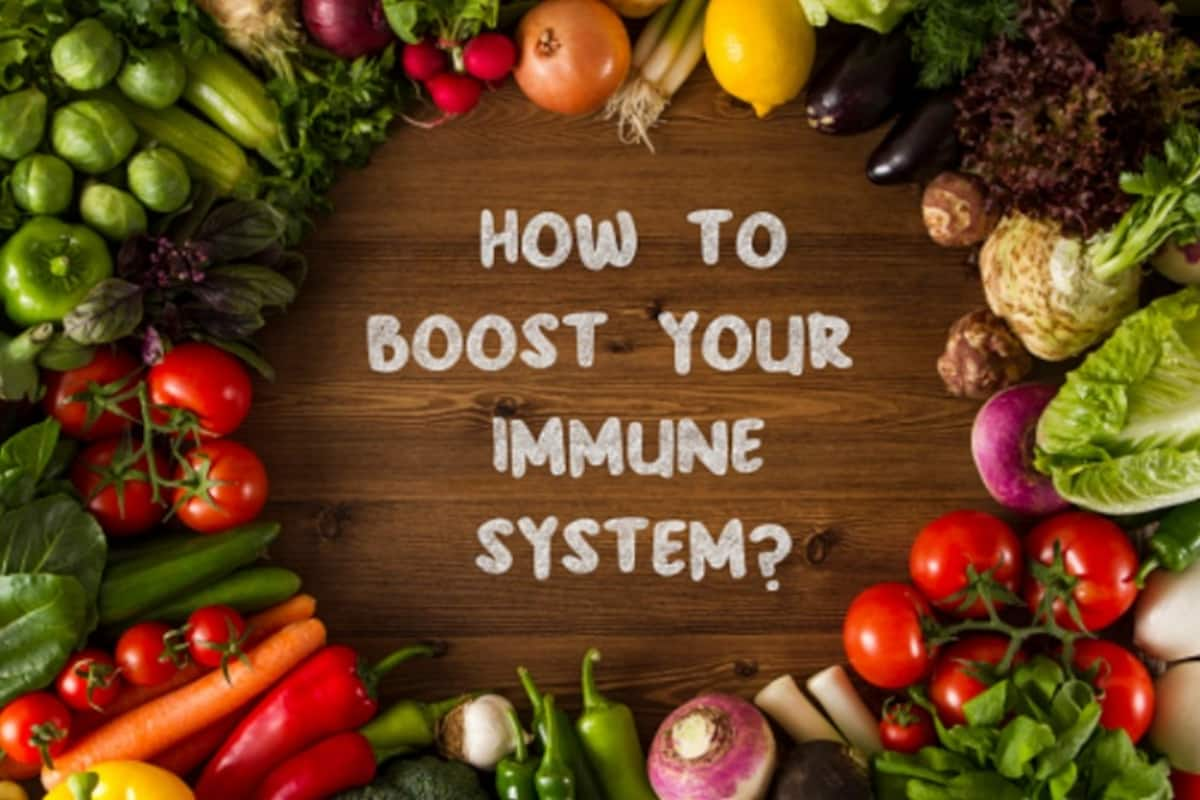Introduction
Boosting your immune system naturally is crucial in today’s fast-paced world, where health is a top priority. A strong immune system defends our bodies against disease-causing bacteria, viruses, and parasites, allowing us to maintain optimal health.
This article will guide you on your journey to boost your immune system naturally using natural methods, from diet and exercise to mindfulness and rest. You’ll discover that small lifestyle changes can significantly boost your immunity and overall health. As you navigate through this guide, you’ll gain practical tips to improve immunity, promoting a healthier and more robust you. Get ready to empower your health naturally.
Understanding the Immune System
The immune system is our body’s primary defense against harmful intruders, playing a critical role in maintaining our overall health. This intricate system of cells, tissues, and organs coordinates to identify and neutralize threats like bacteria and viruses. A better understanding of your immune system’s functioning is the first step to bolstering it naturally.
Regular exercise, a balanced diet packed with essential nutrients, and adequate sleep contribute significantly to enhancing immune health. Moreover, stress management, alongside avoiding harmful habits like smoking and excessive alcohol consumption, can also help keep your immune system in prime condition.
Top Foods That Boost Your Immunity

. Citrus Fruits:
Citrus fruits such as oranges, grapefruits, lemons, and limes are packed with vitamin C, which is known to boost the production of white blood cells – key players in the fight against infections.
. Red Bell Peppers:
While citrus fruits have their fame for high vitamin C content, red bell peppers contain twice as much vitamin C as citrus. They’re also a rich source of beta carotene, promoting healthy skin and eyes.
. Broccoli:
It’s supercharged with vitamins C, A, and E, and also fiber and many other antioxidants. Broccoli is one of the healthiest vegetables you can put on your table.
. Garlic:
Its immune-boosting properties come from a heavy concentration of sulfur-containing compounds, such as allicin. It helps combat infection and can slow down hardening of the arteries.
. Ginger:
Ginger can help decrease inflammation and soothe a sore throat, qualities that can also boost your immune system due to its high antioxidative and anti-inflammatory properties.
. Spinach:
Not only packed with vitamin C, spinach is also filled with numerous antioxidants and beta carotene, enhancing our immune system’s infection-fighting ability.
. Yogurt:
Opt for yogurts that have “live and active cultures” printed on the label. These cultures stimulate your immune system to help fight diseases. Yogurt is also a great source of vitamin D.
. Almonds:
Almonds are packed with vitamin E that’s key to maintaining a healthy immune system. It’s a fat-soluble vitamin, meaning it requires the presence of fat to be absorbed properly.
. Turmeric:
Known for its anti-inflammatory effects, turmeric can boost the immune system by increasing the immunomodulating capacity of the body.
. Green Tea:
Green tea is a good source of the amino acid L-theanine that aids in the production of germ-fighting compounds in your T-cells.
Try to include as many different whole foods as possible to take in a wide range of nutrients. It’s not about one single superfood but a balanced diet that will truly fuel your immune system.
Herbs and Spices for Immune Support

Herbs and spices have been celebrated for centuries for their medicinal properties, many of which can be attributed to their potent immune-boosting capabilities. Here’s to naturally boost your immune system:
. Echinacea:
Known for its immunity-enhancing prowess, Echinacea helps increase the body’s production of white blood cells which are pivotal in fighting off infections.
. Ginseng:
Aside from boosting immune functionality, Ginseng also combats fatigue and is rich in antioxidants that shield the body from oxidative stress.
. Elderberry:
Typically used in syrup form, elderberry mitigates the symptoms of common ailments. Its antioxidant-rich composition aids the immune system.
. Astragalus:
A staple in Traditional Chinese Medicine, Astragalus boosts immunity and alleviates inflammation.
. Licorice Root:
This root supports the body’s production of healthy mucus within the respiratory system.
. Oregano:
The antioxidant content of Oregano combats free radicals in the body, thereby maintaining a robust immune system.
These herbs and spices into a balanced diet can boost your immune health. However, they are not replacements for a healthy lifestyle or medical treatment. Always consult a healthcare professional before starting any new supplementation, especially if you’re on medication, as some herbs can interact with them.
Vitamins and Minerals Essential for Immune Function

. Vitamin C:
Often associated with immune support, Vitamin C aids the production of white blood cells, which are key to fighting infections. It’s found abundantly in fruits like oranges, strawberries, and vegetables like bell peppers and broccoli.
. Vitamin E:
This potent antioxidant helps combat infection by protecting body cells from damage. Nuts, seeds, and green leafy vegetables are rich sources of Vitamin E.
. Vitamin D:
Known as the ‘sunshine vitamin’, Vitamin D can modulate the innate and adaptive immune responses. Fatty fish, fortified dairy products, and exposure to sunlight can provide this essential vitamin.
. Vitamin A:
It maintains the health of our skin and tissues in the mouth, stomach, intestines, and respiratory system, all of which are first line of defense against pathogens. You can get Vitamin A from foods like carrots, sweet potatoes, and spinach.
. Vitamin B6:
It plays a crucial role in supporting biochemical reactions in the immune system. Excellent sources of Vitamin B6 include chicken, salmon, tuna, green vegetables, and chickpeas.
. Zinc:
This mineral is essential for immune cell function and cell signaling, a deficiency can lead to impaired immune response. Foods rich in zinc include oysters, baked beans, cashews and raisins.
. Iron:
It helps to carry oxygen to the cells and is involved in the enzymatic systems that help immune cells kill pathogens. Iron can be found in lean poultry, seafood, beans, and broccoli.
. Selenium:
This mineral helps lower oxidative stress in the body, reducing inflammation and improve immunity. Foods such as brazil nuts, tuna, and sardines are high in selenium.
. Folic Acid:
It is necessary for the formation of new cells, including immune cells. Fortified cereals, green leafy vegetables, and citrus fruits are great sources of folic acid.
. Copper:
This trace mineral is important for the production of white blood cells and is involved in the immune response against pathogens. Foods rich in copper include shellfish, nuts, seeds, wheat-bran cereals, and whole-grain products.
Dietary Habits to Boost Immunity
Here’s how you can enhance immunity through your dietary habits.
. Embrace a rainbow-colored diet:
Consuming a wide array of colorful fruits and vegetables ensures you’re getting a diverse range of vitamins, minerals, and antioxidants. Each color signifies different nutrients – for example, orange and yellow fruits and vegetables and healthy drinks are packed with vitamin C and beta carotene.
. Include more lean proteins:
Proteins are vital for the growth and repair of cells, including those of your immune system. Sources of lean protein include lean meats, fish, eggs, dairy products, legumes, and soy products.
. Eat more whole grains:
Whole grains are packed with fiber, antioxidants, and B-vitamins. Eating whole grains helps maintain a healthy gut microbiome, which is linked to improved immune function.
. Choose healthy fats:
Healthy fats, like those found in olive oil, avocados, fatty fish, nuts, and seeds, can boost your body’s immune response.
. Add probiotic-rich foods:
Probiotic-rich foods like yogurt, kefir, and fermented foods such as sauerkraut and kimchi can help strengthen your gut bacteria, which plays a crucial role in your immune function.
. Limit added sugars:
Excessive sugar intake can hamper immune function. Instead of sugary drinks and desserts, opt for fresh fruits, dark chocolate, or natural sweeteners like honey.
. Stay hydrated:
Water plays many roles in your body, including supporting your immune system. Hydration aids in the production of lymph, which carries white blood cells and other immune system cells.
. Moderate alcohol consumption:
Excessive alcohol can weaken your immune system and make you more susceptible to infections.
. Avoid processed foods:
They often contain unhealthy fats, sugars, and preservatives, which can be harmful to your immune system.
A balanced diet, coupled with regular exercise, adequate sleep, and stress management, is the key to a well-functioning immune system. And as always, it’s essential to consult a healthcare provider or a nutritionist before making significant changes to your diet.
Regular Exercise and Stress Management Improve Immunity

. Exercise Stimulates Immune Response:
Regular physical activity increases the production of antibodies and T-cells, making your immune system more active in seeking out and neutralizing pathogens.
. Exercise Flushes Bacteria Out:
Exercise helps flush bacteria out of the lungs and airways, potentially reducing your chance of getting a cold, flu, or other illness.
. Exercise Reduces Inflammation:
By reducing inflammation, regular exercise could contribute to a healthy immune response.
. Exercise Improves Cardiovascular Health:
Good cardiovascular health enhances the body’s circulation, ensuring that immune cells circulate efficiently and do their job effectively.
. Stress Management and Immune Health:
Chronic stress can cause an inflammatory response and also compromise the immune response.
. Stress Affects Immune Cell Function:
Prolonged stress affects the function of immune cells, making them less responsive when needed.
. Relaxation Techniques:
Techniques such as meditation, deep breathing, and yoga can help reduce stress levels and, in turn, improve immune response.
. Sleep and Immune Function:
Stress often leads to lack of sleep, which is a crucial time for your body to repair and regenerate, including your immune system. Ensuring adequate rest is essential for a robust immune response.
Myths about Boosting Your Immune System
. “Supplements can replace a balanced diet”:
While supplements can complement a healthy lifestyle, they can’t replace the variety of nutrients a balanced diet provides.
. “Starve a fever, feed a cold”:
This old adage has no scientific backing. Proper nutrition is crucial during illness for energy and to support immune function.
. “Vitamin C prevents colds”:
Although Vitamin C is essential for immune function, it doesn’t make you immune to colds. It may, however, reduce the severity and duration of a cold.
. “You only need to boost your immunity when sick”:
Immunity should be maintained consistently, not just when you’re ill. Regular exercise, a balanced diet, adequate sleep and stress management contribute to ongoing immune health.
. “Only the elderly and young need to worry about their immune system”:
Immune health is crucial for all ages, not just high-risk groups. A strong immune system can help anyone fight off diseases effectively.
. “More is better”:
Overdosing on immune-boosting vitamins and minerals can be harmful. It’s best to aim for balanced, moderate consumption.
. “Antioxidants only come from exotic fruits”:
While exotic fruits can be antioxidant-rich, many everyday foods like berries, nuts, spinach, and beans are also packed with antioxidants.
. “Frequent illnesses mean a weak immune system”:
Frequent mild colds or bugs aren’t necessarily a sign of a weak immune system but a normal response to environmental factors. However, recurrent severe infections may indicate an immunodeficiency, which should be assessed by a healthcare provider.


